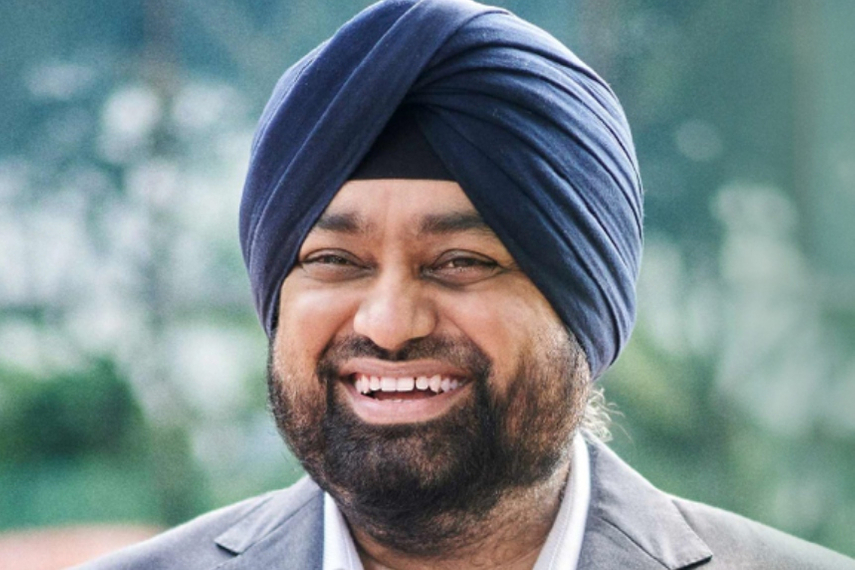
Please sign in or register
Existing users sign in here
Having trouble signing in?
Contact Customer Support at
[email protected]
or call+91 022 69047500
Samir Singh, global chief marketing officer at Unilever Personal Care, tells PRWeek how he expects the FMCG company’s sponsorship work in the sphere of women’s football to evolve

Contact Customer Support at
[email protected]
or call+91 022 69047500
Top news, insights and analysis every weekday
Sign up for Campaign Bulletins
Havas to gain access to Ostro's AI-powered life sciences-focused digital engagement platform across its global ecosystem.
As technology races ahead, a new kind of consumer is emerging—one who wants smart solutions powered by AI, but also the grounding comfort of rituals, nostalgia and analogue charm, observes FCB Interface's Noor Samra.
The performance of the region will be driven by China and India, even as Southeast Asia lags behind, according to a new report by Emarketer.
The evolution of ‘the client’ from a straightforward descriptor — someone receiving services — to a phrase laced with frustration or negativity is easy to understand.